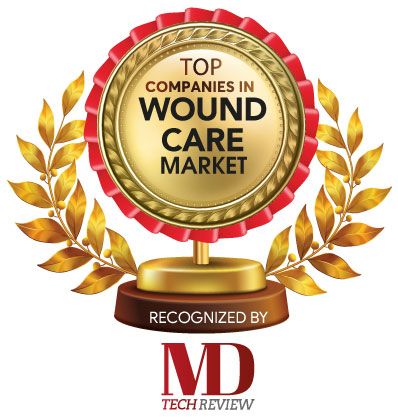One of the significant advantages of disposable medical supplies is the economic factor. They save substantial amounts of money in contrast to the cost-effective reusable medical supplies
Fremont, CA: Over the last decade, the medical sector has seen an increasing demand for disposable medical supplies. The rising rates of disease diagnosis along with the growing demographic for the ageing population and related diseases are the driving factors behind this increase in demand. Furthermore, the increasing emphasis on preventing the spread of hospital-acquired infections and stringent regulatory standards set by the healthcare organizations will also propel the demand for disposable medical supplies in the future.
Disposable medical supplies are used across various facets of the healthcare sector, such as wound management, drug administration and surgeries. Some of the commonly used disposable medical supplies include injections syringes, infusion products, blood and dialysis product, medical implanting material, wound care  products, disposable clothing, surgical supplies and other incontinence management supplies. One of the significant advantages of disposable medical supplies is the economic factor. They save substantial amounts of money in contrast to the cost-effective reusable medical supplies. Single-use medical supplies also help in avoiding chances of infection spread and labor intensive and complex processes for reusing the supplies. As a result, disposable medical supplies also help in reducing costs that are related to logistics and reprocessing of disposable medical supplies.
products, disposable clothing, surgical supplies and other incontinence management supplies. One of the significant advantages of disposable medical supplies is the economic factor. They save substantial amounts of money in contrast to the cost-effective reusable medical supplies. Single-use medical supplies also help in avoiding chances of infection spread and labor intensive and complex processes for reusing the supplies. As a result, disposable medical supplies also help in reducing costs that are related to logistics and reprocessing of disposable medical supplies.
Patient-centred care and accountability have become the key focus points in the healthcare sector. As a result, there is a significant emphasis on reducing biomedical waste. This has forced manufacturers to look into biodegradable technology. Majority of the single-use medical supplies available today are recyclable. This has helped authorities reduce the amount of biowaste that ends up in landfills. Also, hospital facilities and ambulatory surgical centers have partnered with reprocessing and recycling firms for the management of medical waste.
Hospital-acquired infections present a significant challenge for the healthcare sector. The CDC estimates that one in every 25 patients suffers from hospital-acquired infections. The stricter measures and benchmark set by the medical authorities have increased the demand for disposable medical devices exponentially. Also, the Accreditation of Healthcare Organizations (JCAHO) and the Centers for Disease Control and Prevention (CDC) and others are prompting the hospitals and other healthcare facilities to follow standards and protocols to prevent patient's exposure to potential and life-threatening pathogens.
See also: Top Medical Devices Startups



